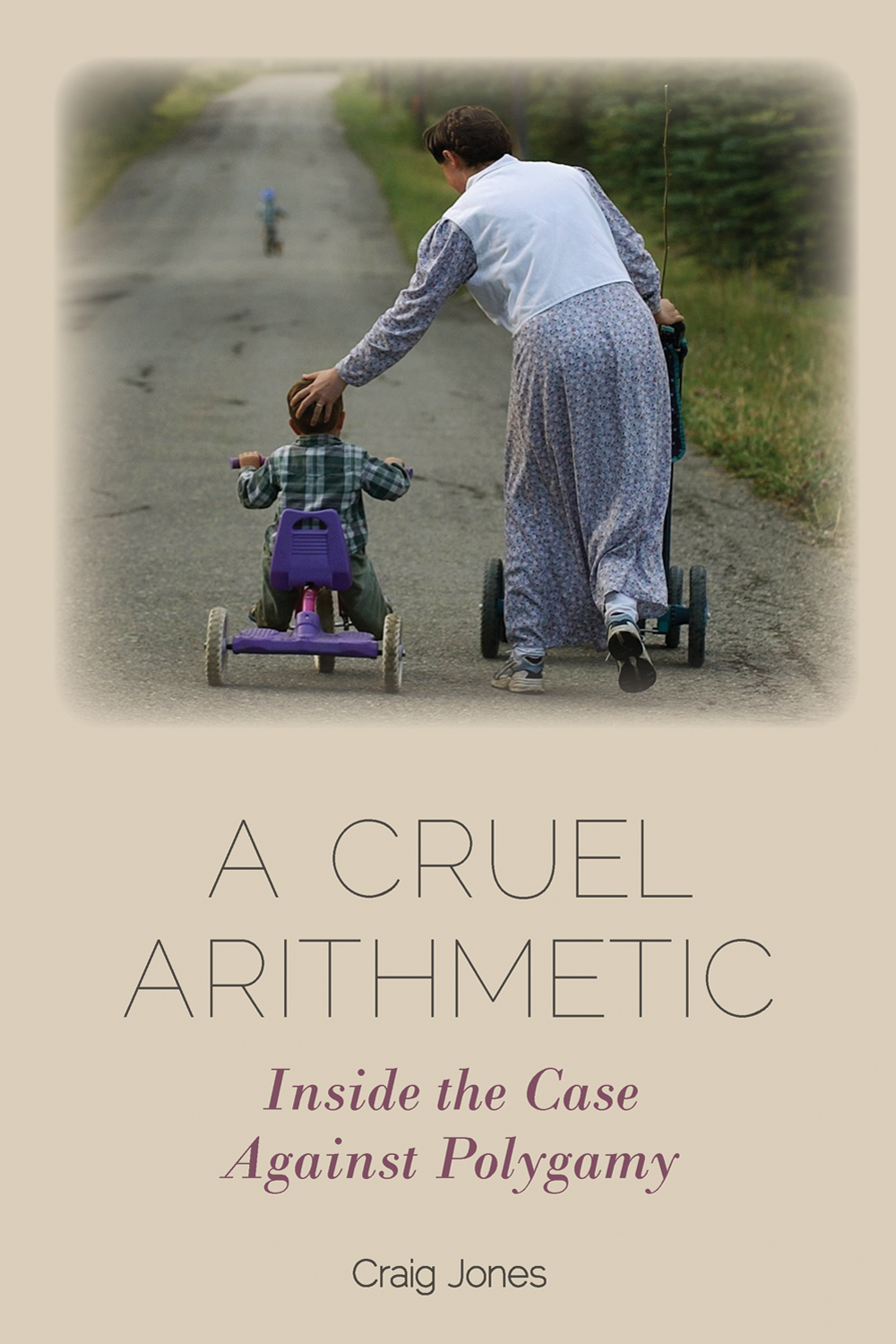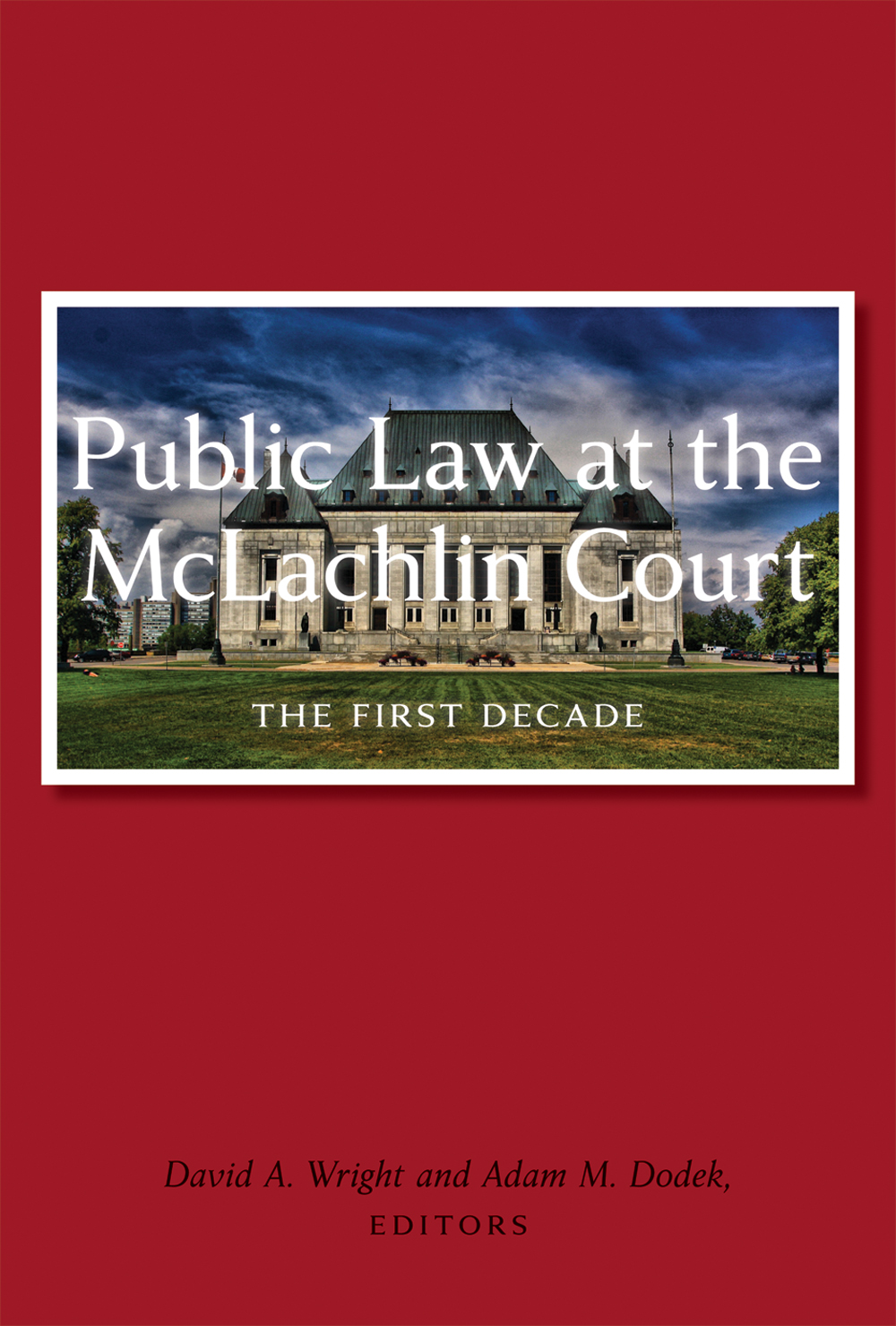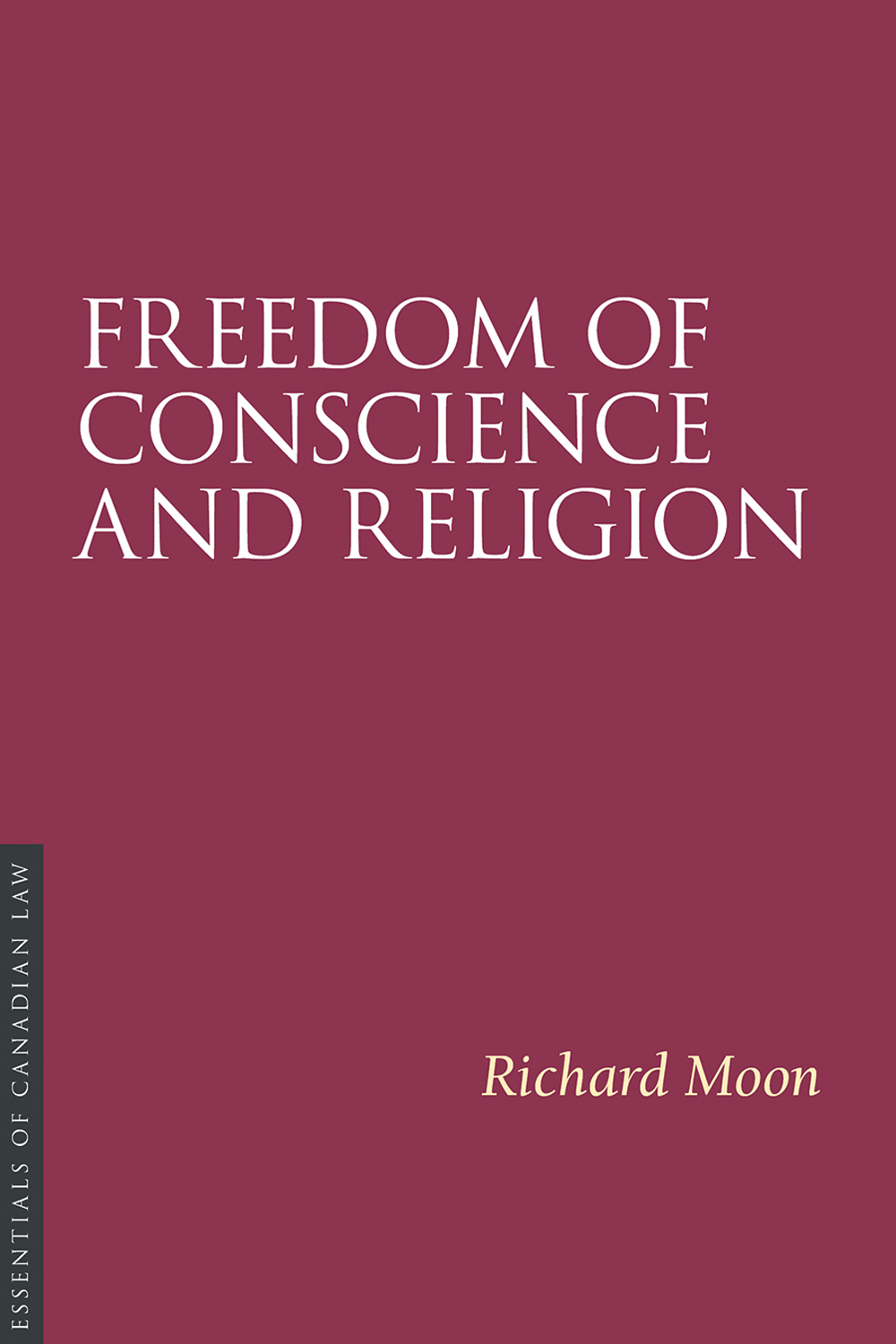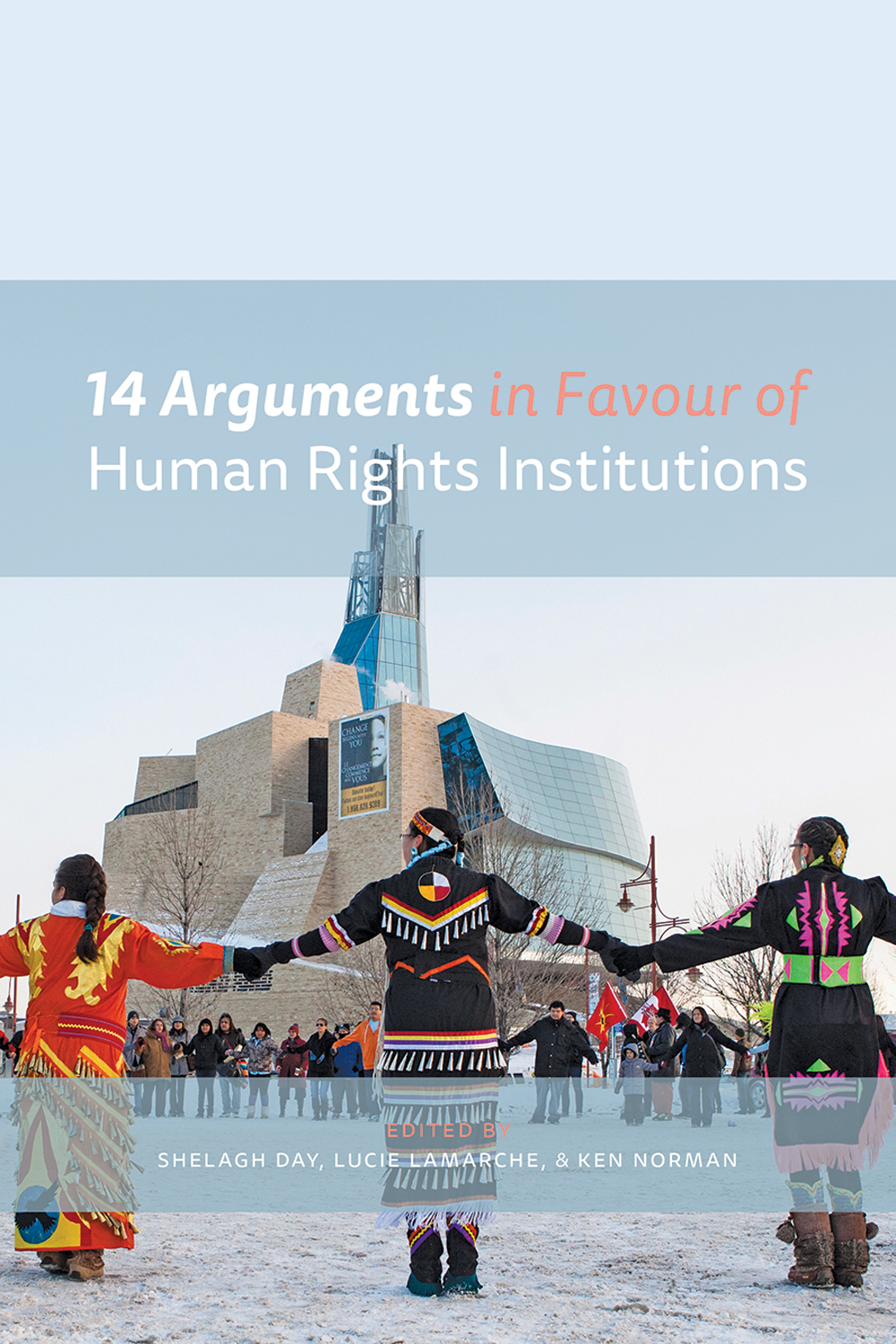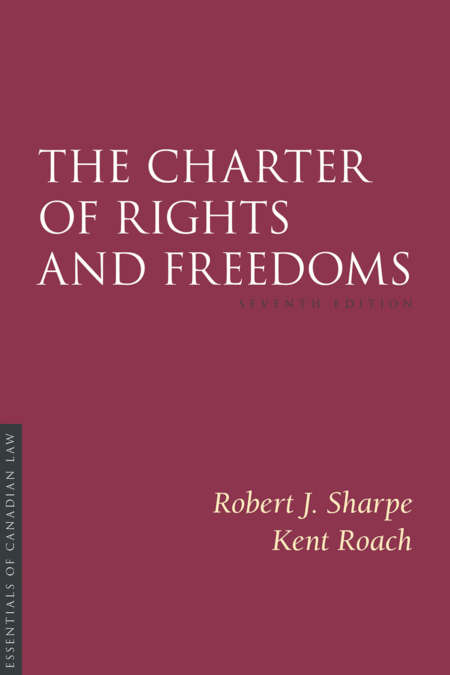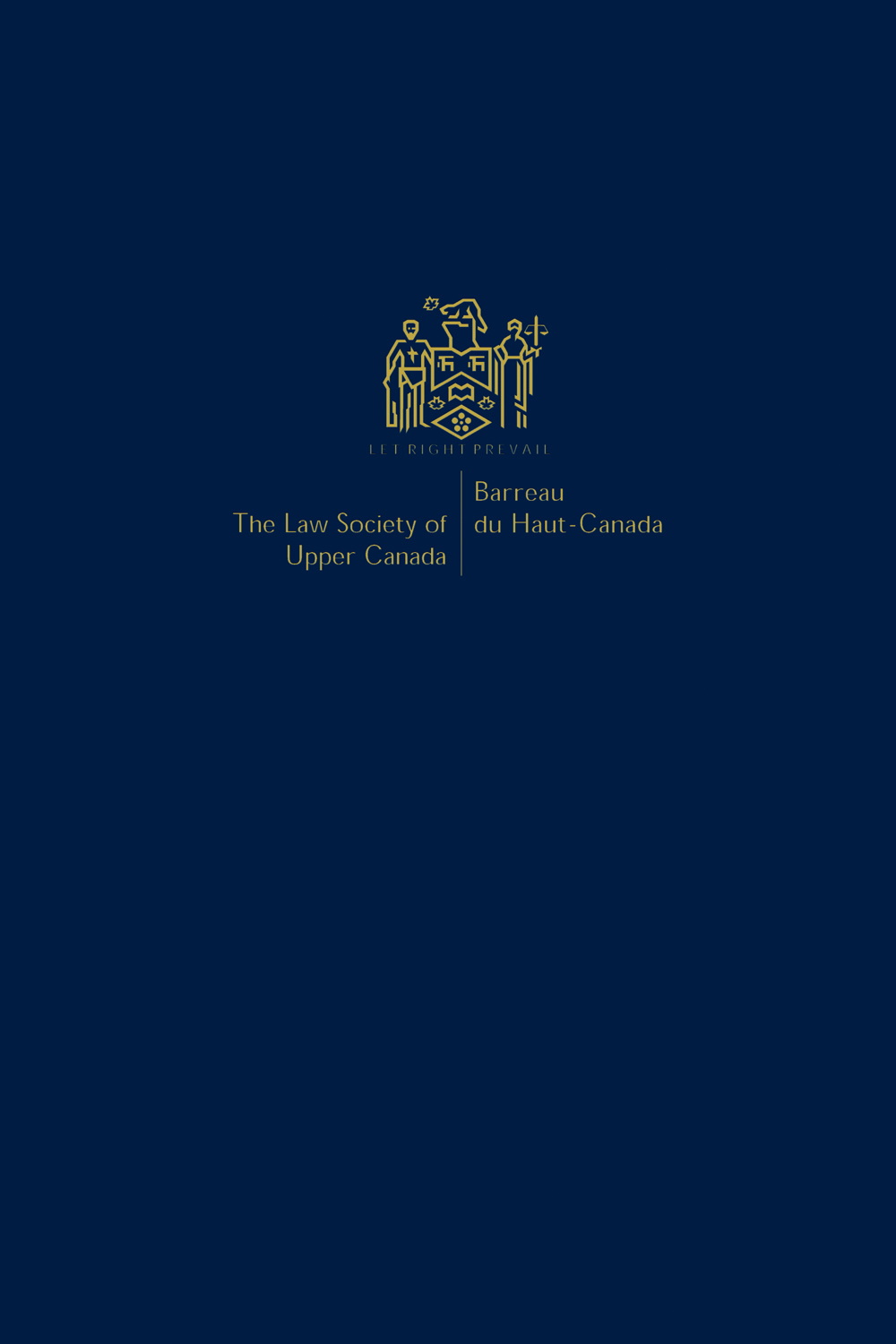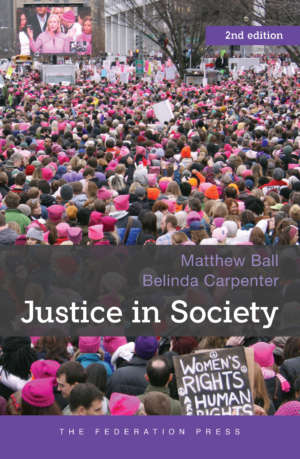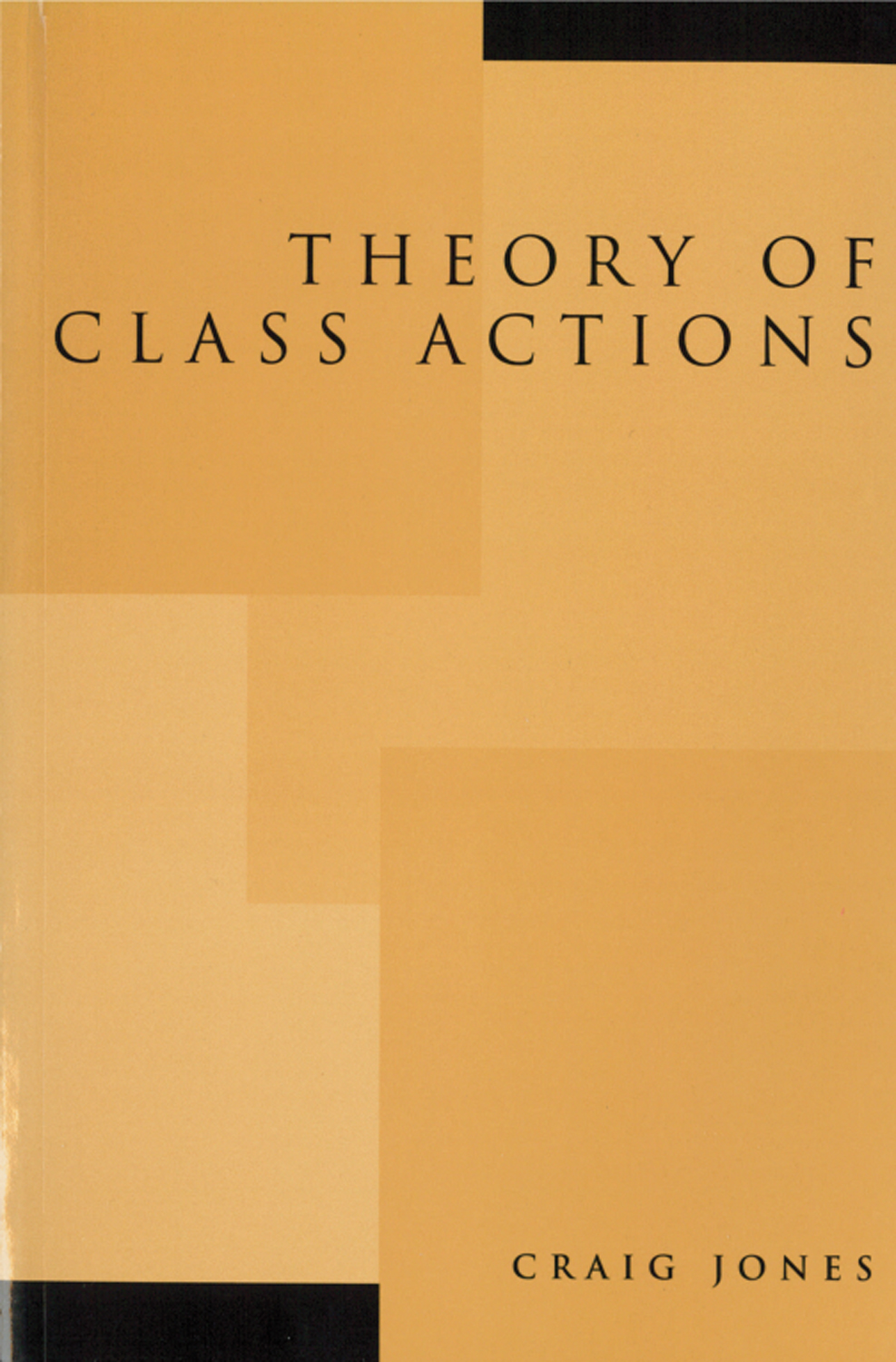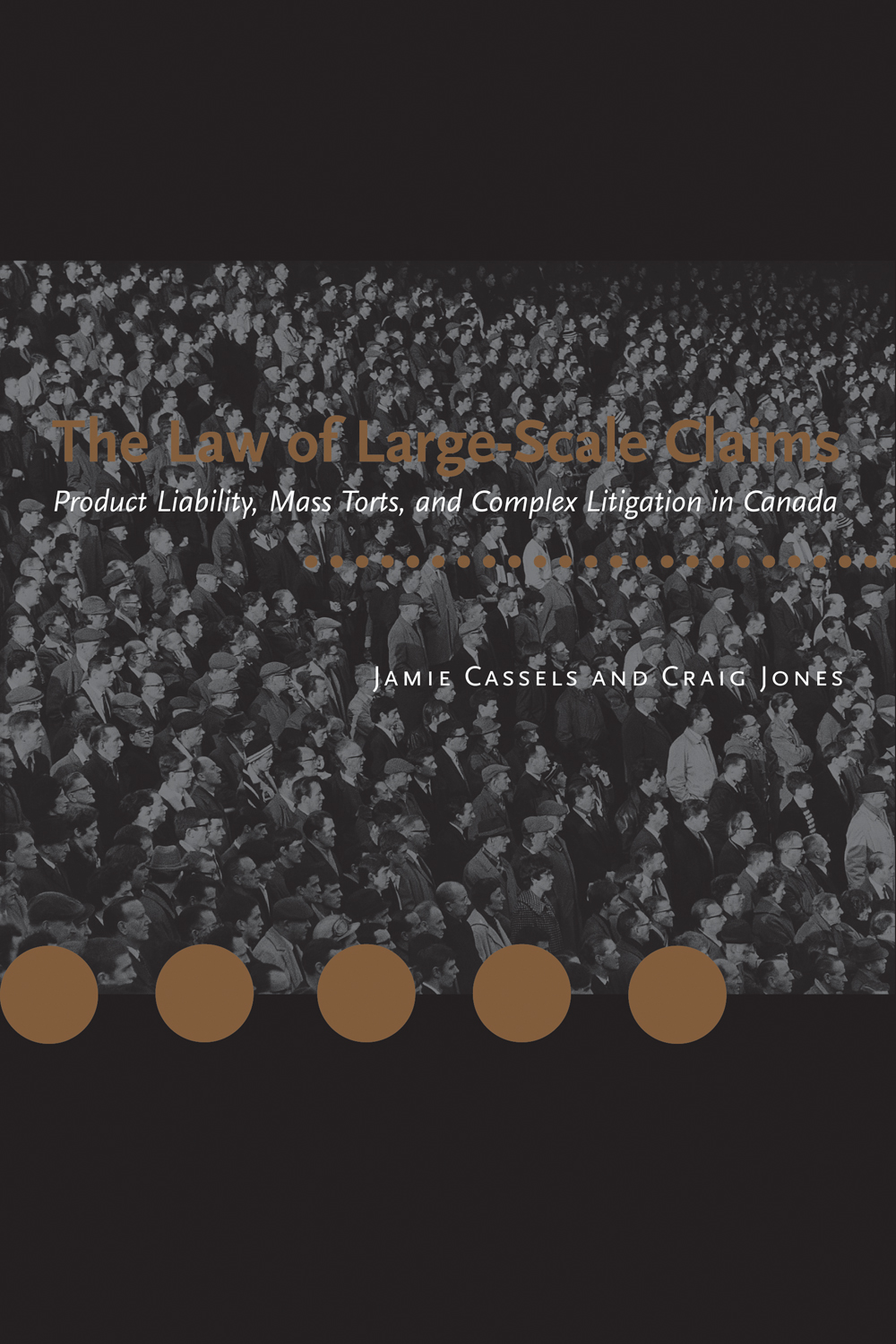Product Description
For thirty years, lawyers, pundits, professors, and politicians had said that section 293 of the Criminal Code of Canada—the criminal prohibition of polygamy—was unconstitutional, a Victorian anachronism that, in a modern rights-based democracy, deserved to be swept aside in the name of individual liberty and religious freedom. Polygamy per se, it was argued, was harmless.
Beginning in 2009 in Vancouver, a small team of lawyers from the federal and provincial governments, along with a handful of allied public-interest groups, set out to prove the experts wrong and to show that there were devastating harms that inevitably flowed from polygamy’s “cruel arithmetic”: harms to women and children, to society at large, and even to the very foundation of democracy itself. The case against polygamy would proceed for almost two years, and was laid out through forty-four days of trial and more than 100 witnesses. The evidence ranged from the testimony of pre-eminent academics to stark and disturbing confessions of polygamists testifying under the shield of anonymity. The eventual 357-page decision of the Chief Justice of the Supreme Court of British Columbia, based on (in his words) “the most comprehensive judicial record on the subject ever produced,” defied all expectations and set the world of constitutional law back on its heels.
This is a remarkable insider’s story of a unique piece of litigation: the first trial-court “constitutional reference” in Canadian history. Craig Jones, lead counsel for the Attorney General of British Columbia, describes the argument he and his colleagues developed against polygamy, drawing from fields as diverse as anthropology, history, economics, and evolutionary psychology. Yet it was ultimately the testimony of real people that showed how the theoretical harms of polygamy’s “cruel arithmetic” played out upon its victims.
A Cruel Arithmetic describes how the author’s own views evolved from scepticism to a committed belief in the campaign against polygamy. This book is also an invitation to Canadians across political, philosophical, and religious spectrums to exercise their curiousity, approach the issue with an open mind, and follow along as the evidence converges to its powerful and surprising conclusion.

